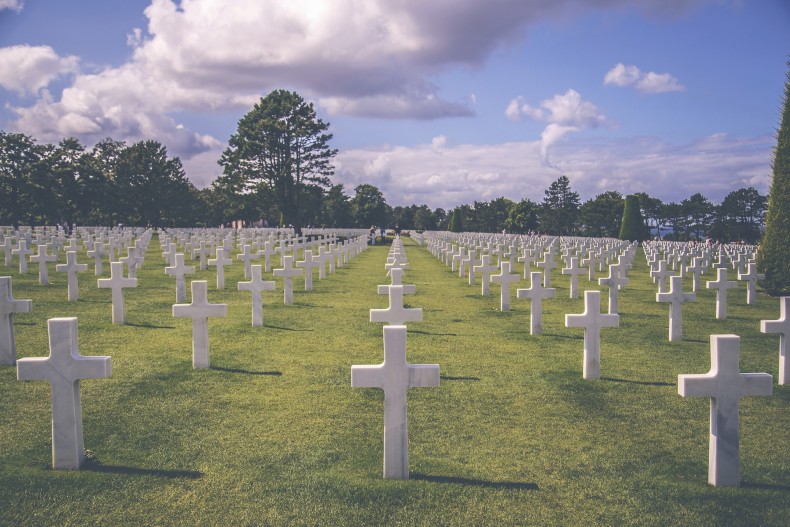The European Union deserves the Nobel Peace Prize
Something I wrote back last autumn is rather applicable to my views of the Nobel Peace Prize going to the European Union:
Sat on a shelf a few metres away from me is a box containing the various military medals won by my relatives over previous generations. The medals criss-cross Europe, coming from different countries, over the three wars that had a German-French conflict at their centre. To British eyes that count of three wars may seem odd at first, but for the German and French politicians building new European structures in the aftermath of the Second World War, their heritage was one of three wars – the Franco-German war of 1870 and then the two World Wars.
For them something drastic was needed to stop the dreadful arrival of conflict three generations in a row, each time on a bigger, longer and bloodier scale. Moreover, the wars were not started despite popular opinion, for they were all popular to start with.
That background helps explain two of the defining features of the European project – the determination of French and German politicians to stick together with each other and a sense that whilst democracy is good and welcome, and a vital antidote to the grotesque internal horrors of the early twentieth century dictatorships, the European project is about binding countries together rather than about giving people more democratic control over international affairs.

Replacing three-quarters of a century of regular wars with three-quarters of a century of peace is one of those achievements that is so major it is easy to under-estimate.
Yes it’s an imperfect achievement (think of the Balkans) and yes it’s an imperfect institution. But we’ve become so used to peace that it seems natural and the normal way of things for western, northern and central Europe – rather than the major departure from the past that it actually is.
These days British politicians go to continental cities to give angry speeches or to threaten vetoes; no gunboats or cavalry required.
Questions of whether rebellious backbenchers can be won over are far better than questions of whether the reserves can be mobilised quickly enough.
That’s some achievement.
Leave a Reply